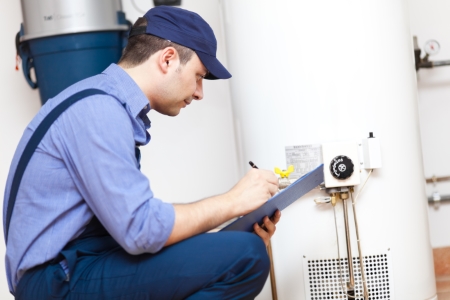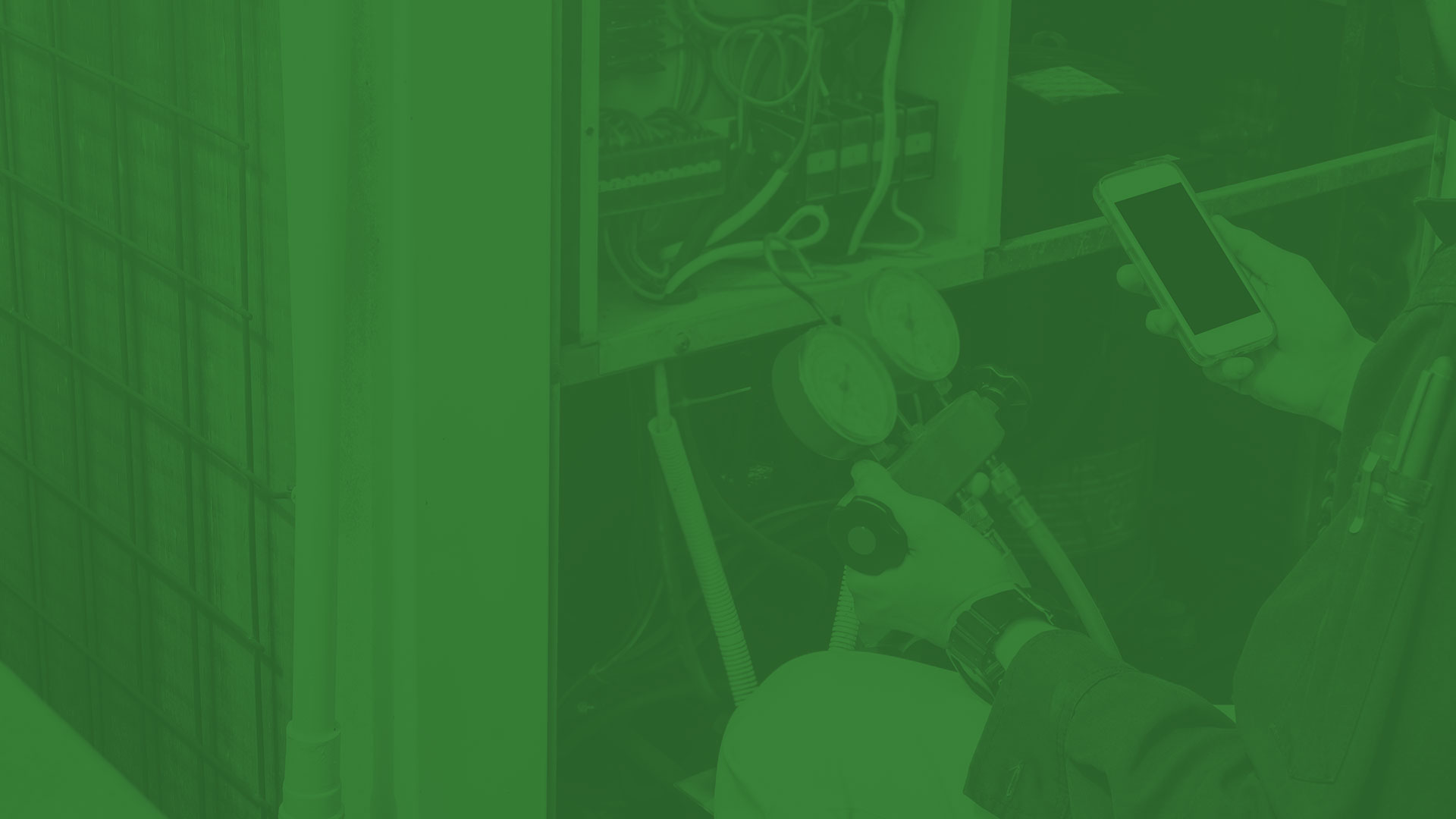Tankless vs Traditional: What You’ll Actually Save on Your Utility Bills

When it comes to choosing a water heater, many homeowners wonder whether upgrading to a tankless model is really worth it. While tankless water heaters typically cost more upfront, they can offer significant long-term savings—especially when it comes to energy bills. Here’s a closer look at the differences in operating costs between traditional and tankless water heaters, along with real-world examples and the financial benefits that rebates and incentives can bring.
Comparing Energy Usage and Costs
Traditional water heaters continuously heat and store a large volume of water, often 40 to 80 gallons, regardless of whether you’re using it. This standby energy loss means you’re paying to keep water hot all day and night. In contrast, tankless water heaters heat water on demand, which can reduce energy usage by 24–34% for homes that use less than 41 gallons of hot water daily, according to the U.S. Department of Energy.
On average, households with tankless systems save between $80 and $100 annually on their utility bills. While that might not seem dramatic in the first year, those savings compound over the 15–20 year lifespan of a tankless unit.
Real-Life Case Studies
Take the example of a family in Greenville, SC, who switched from a traditional electric water heater to a gas-powered tankless model. Their monthly energy bills dropped by roughly $10–$15 during high-demand months. Over the course of a year, they saved close to $150. Another homeowner in Spartanburg noted more consistent hot water supply during morning showers, along with a noticeable dip in their utility expenses after making the switch.
What’s more, tankless units take up significantly less space—something that was a major selling point for a couple in Anderson who converted their garage into a home gym and appreciated the added room.
How Rebates and Incentives Affect ROI
Several utility companies in Upstate South Carolina offer rebates for high-efficiency water heaters, including tankless models. Combined with federal energy efficiency tax credits, these incentives can reduce the initial cost of installation by several hundred dollars. When you factor in energy savings and rebates, many homeowners recoup the difference in cost within 5 to 7 years.
Upgrading also increases your home’s efficiency rating, which can appeal to future buyers and boost property value—another hidden financial benefit.
If you’re considering making the switch, don’t just look at the sticker price. A tankless system could pay for itself sooner than you think. Contact a top Upstate South Carolina plumber today to learn more. The team at Mathis Plumbing & Heating Co., Inc. is here to help with expert tankless water heater service throughout Upstate South Carolina.
